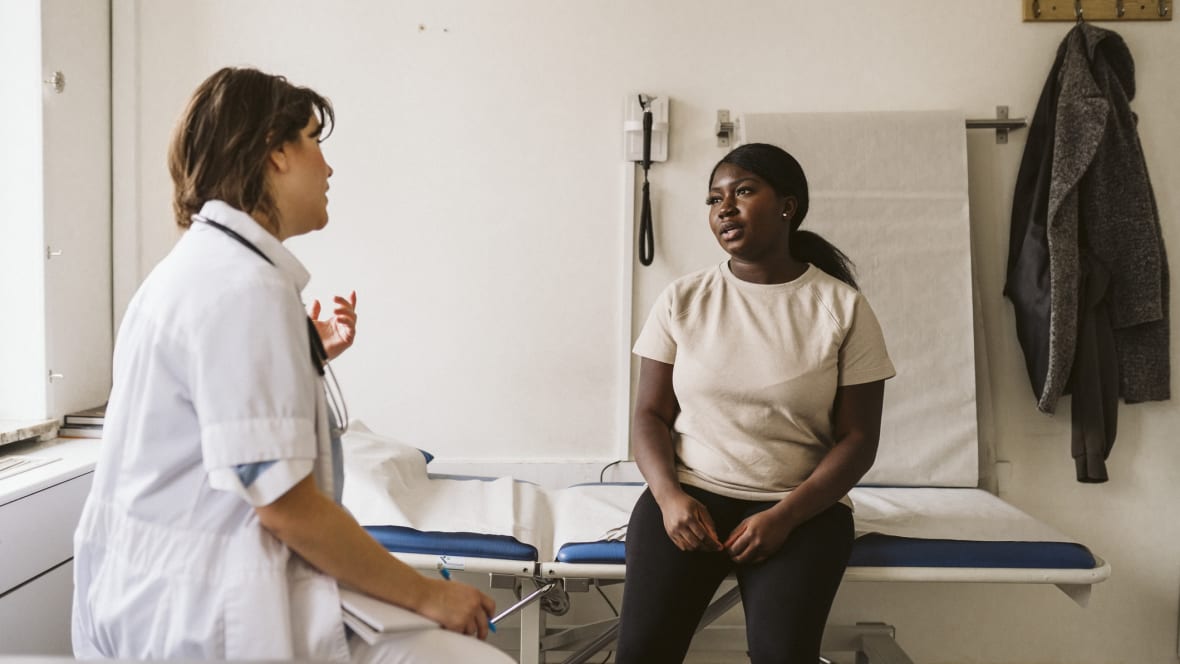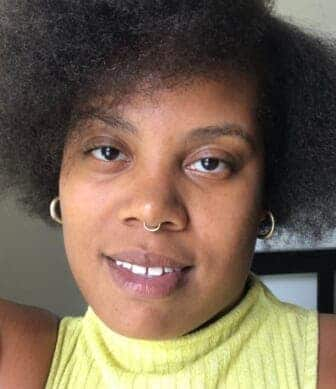Where do Black people fit into the Ozempic conversation?
Ozempic treats diabetes and obesity, two diseases that disproportionately impact Black people and remain severely misunderstood.
From coast to coast, Ozempic has become a hot topic; and an even hotter commodity.
The drug, an injectable launched in 2017 to treat type-2 diabetes, has rapidly become highly sought after throughout the country for its weight-loss side effects, impacting its availability. Alleged hoarding of the drug by Hollywood elites has become such a prevalent issue that actor Anthony Anderson, who lives with type-2 diabetes, recently condemned the use of Ozempic or any of its distant cousins — including Wegovy (FDA-approved to treat obesity), Mounjaro, Rybelsus, and Saxenda — for vanity weight loss purposes. Ahead of the Super Bowl, Anderson told People magazine, “hopefully, this trend will stop.”
“It’s creating a shortage for those of us who need the medicine that we need — and not for weight loss issues, but for our health,” he added.

He’s not entirely wrong; the “#ozempic” tag has well over 600 million views on TikTok to date. Per Time magazine, health software company Komodo Health reported over five million prescriptions written for Ozempic or similar drugs in 2022. Other coverage alleges celebrities and equally privileged elites are procuring off-label prescriptions or going through back channels to obtain the medicine, effectively making its unavailability something of a status symbol.
However, while there’s been a laser focus on those using these drugs for vanity purposes, the realities facing many Black Americans who also need Ozempic have gotten lost in the conversation. According to the Centers for Disease Control and Prevention (CDC), over 75% of Black Americans have obesity, and four out of five Black women are at risk of developing the disease. Additionally, as previously reported by theGrio, roughly 37 million Americans have diabetes, including 12.7% of Black people. In all, 96 million Americans are at risk of developing diabetes.
Drugs like Ozempic can be life-changing and life-saving for many within these demographics; however, insurance companies often fail to approve the medication for anything outside of type-2 diabetes. What’s worse are laws prohibiting Medicare from approving weight loss medicine for its clients, despite a third of Medicare spending going toward treatment of diabetes, a disease that can be managed, significantly reduced, or in some cases, completely alleviated by weight loss.
On a recent episode of CBS’ “60 Minutes,” Dr. Fatima Cody Stanford, an associate professor of medicine and pediatrics obesity medicine physician-scientist and equity director in Massachusetts General Hospital’s endocrine division, said that the root of the problem is that doctors and insurers do not understand obesity.
“79 to 90% of physicians in the United States have significant bias towards individuals that are heavier,” Dr. Stanford told journalist Lesley Stahl. “Now, doctors listening to me may say, ’Oh, it’s not me.’ Hold your horses, because has that patient come to you and told you, ‘Look, Doc, I’m eating well. Look, Doc, I’m exercising,’ and the doc says to them, ‘Are you sure? I don’t believe that’s really what you’re doing.”
Dr. Stanford added that obesity isn’t something that can always be alleviated through lifestyle and diet changes.
“It’s a brain disease. The brain tells us how much to eat and how much to store,” she said.
Dr. Stanford described a patient of hers who struggles with severe obesity and has been working out five to six times a week and dieting, to no avail.
“Her brain is defending a certain setpoint,” Dr. Stanford explained.
According to Dr. Stanford, a “setpoint” is a range of weight your brain maintains by controlling how much food you eat and how much of it you store. She said setpoints can change throughout your life based on many different factors, including chronic stressors (such as an ongoing global pandemic). When the setpoint doesn’t budge naturally due to no fault of the patient, medicines can step in and help recalibrate.
If more healthcare physicians and insurers understood this about obesity, a massive barrier to care could be lifted, especially for Black people who face obesity and diabetes at such disproportional rates.
Beyond the health disparities that may make Black people one of the largest potential demographics for drugs like Ozempic or Wegovy, the high demand and out-of-pocket workarounds many are resorting to in order to get the drugs underscore the socioeconomic disparities plaguing this country.
“We have a national shortage on these medications. If those that have the means are able to get them, yet the people that really need them are unable to, then that creates a greater disparity. The haves and the have-nots,” said Dr. Stanford.
Many Black people in this country also fall into the category of those who cannot afford drugs that retail for well over $1,000 out-of-pocket, necessitating even further that providers and insurers look beyond the chatter and get serious about treating obesity like the disease it is. Per Pew Research, on average, Black households in this country have a median income level of $46,400. The current rate of insured Black Americans is 55%, compared to 73% of white Americans — meaning that when it comes to access to Ozempic or similar preventable drugs, the growing exclusivity of wealthy white elites who can either get insurers’ approval or pay out-of-pocket could once again lead to many Black Americans becoming the “have-nots.”

Kay Wicker is a lifestyle writer for theGrio covering health, wellness, travel, beauty, fashion, and the myriad ways Black people live and enjoy their lives. She has previously created content for magazines, newspapers, and digital brands.
TheGrio is FREE on your TV via Apple TV, Amazon Fire, Roku, and Android TV. TheGrio’s Black Podcast Network is free too. Download theGrio mobile apps today! Listen to ‘Writing Black’ with Maiysha Kai.


